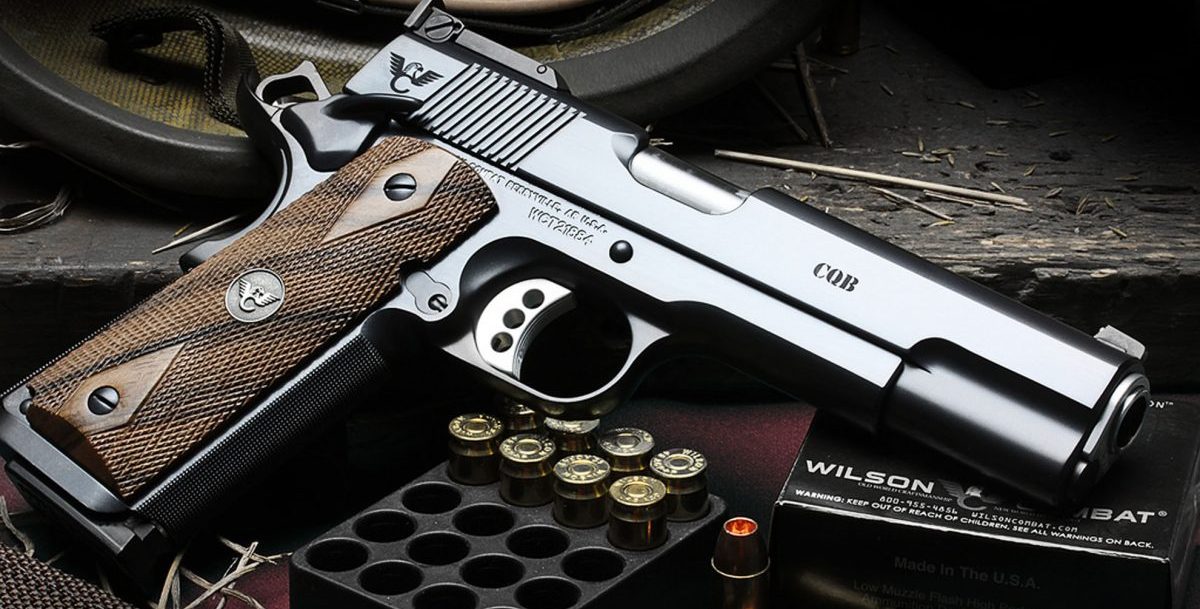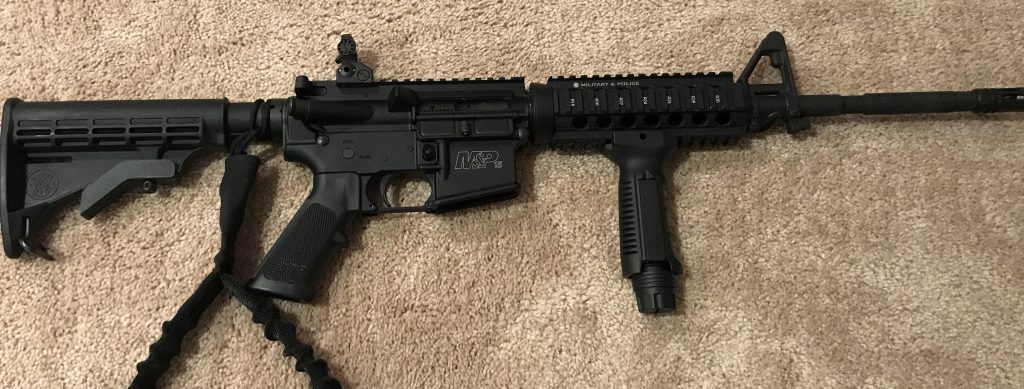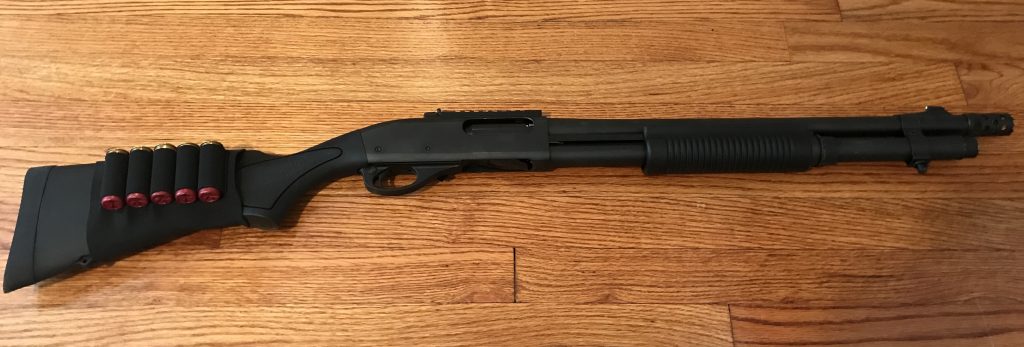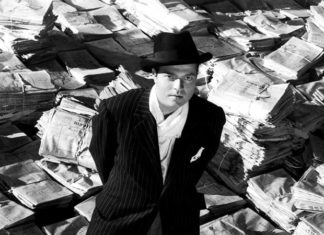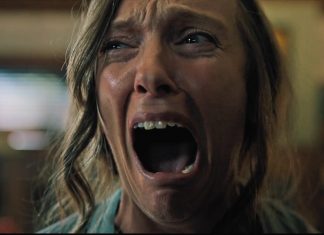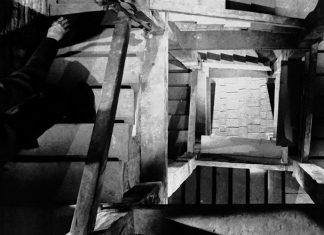Recently here at Film Goblin, we’ve expanded our focus from just film-related news to helping each other be well-rounded goblins.
Every goblin worth his or her salt should be capable of defending themselves if things go sideways. I’ve got 15 years of military/law enforcement experience, so I’m going to draw on that to start a conversation about self-defense. But first:
Educate Yourself and Make Good Decisions
There are a number of different things to consider when trying to select a fire arm for home defense:
- How big is your home?
- Do you live in an apartment?
- Do you have kids in the house?
- Do you live in the country?
Also, make sure you are familiar with all applicable local gun laws. I can’t emphasize how important this is:
- What are the local weapons restrictions?
- Are there local storage requirements?
- Does your state have a “Stand your ground law” or a “Castle doctrine“?
Secondly, if you have never been formally trained with guns before you even THINK about buying a firearm find yourself a reputable local gun range that offers classes.
Start with some gun safety and marksmanship classes and learn the basics.
Once you are comfortable and proficient in the basics take some advanced courses, you’ll want to practice shooting while moving, immediate action drills and the like.
Ok, great! You have become a proficient, safe and responsible shooter.
Now it’s time to think about buying a gun for home defense.
Rifles
If you live in the country, a rifle may be a good option. Obviously, rifles have a much higher velocity and range than pistols, so if you miss your target, the bullet may go through walls.
Bullets that go through walls hit things outside of your home. Not an ideal outcome.
AR Platform
If you are going to go with a rifle, really this is the ideal weapon for home defense. These babies are light, affordable and more compact than most rifles.
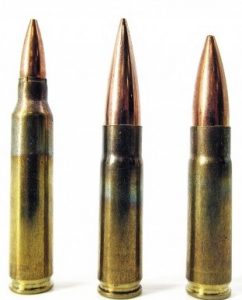
Most ARs come in at .223 caliber, a high-velocity, light-weight round, but you can get them in a 7.62 variant as well.
For use inside a house, I would highly recommend you look into the 300 Blackout variant. This round was specifically designed for Special Forces for use in Close Quarters Combat.
It’s got a 7.62 bullet so it has HUGE stopping power, but it’s a lower velocity subsonic round which means it’s very quiet and it’s less likely to go through all those walls we talked about earlier.
Shotguns
Shotguns are a great option for home defense. If you are using buckshot you don’t need to worry as much about accuracy, plus the deafening sound of the first shot should be enough to make anyone breaking into your house reconsider their actions.
For an old school pump action shotgun variant, I like the Remington 870. It’s a great, reliable gun and it’s affordable.
You’ll want to practice your combat reloading techniques at the range, because reloading a shotgun is trickier than just swapping out magazines.
For those with some cash to burn, the Kel-Tec is a sweet option. These babies hold a lot more shells than a pump action shotgun and are much more compact making them ideal for home defense. Even John Wick prefers them!

Pistols
The sky is the limit with pistols; there are so many brands, variants and calibers that the debate over the “perfect” home defense pistol could go on forever. Ultimately it comes down to what gun you are most comfortable with.
There are two schools of thought when it comes to pistols: stopping power vs magazine capacity.
The higher the caliber round the fewer bullets you can put down range (also the greater the recoil), but you might not NEED as many rounds either.
Real life ain’t like the movies — not at all.
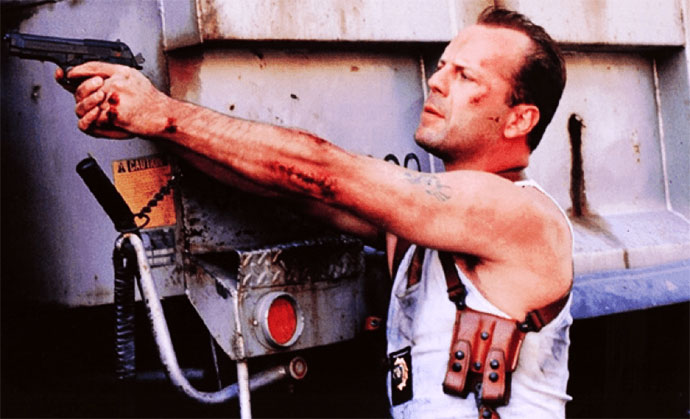
People generally don’t die instantly upon being hit by a bullet.
In fact, the hardened 250lb felon on Spice that just broke into your house is going to be tough to stop even with multiple hits.
So, do you want 6 rounds of .357 or 18 rounds of 9mm to work with?
Let’s keep in mind that you are going to be terrified. You forget to breath, your hands will be shaking like a leaf, your fine motor skills will drastically decrease and you’ll have auditory exclusion.
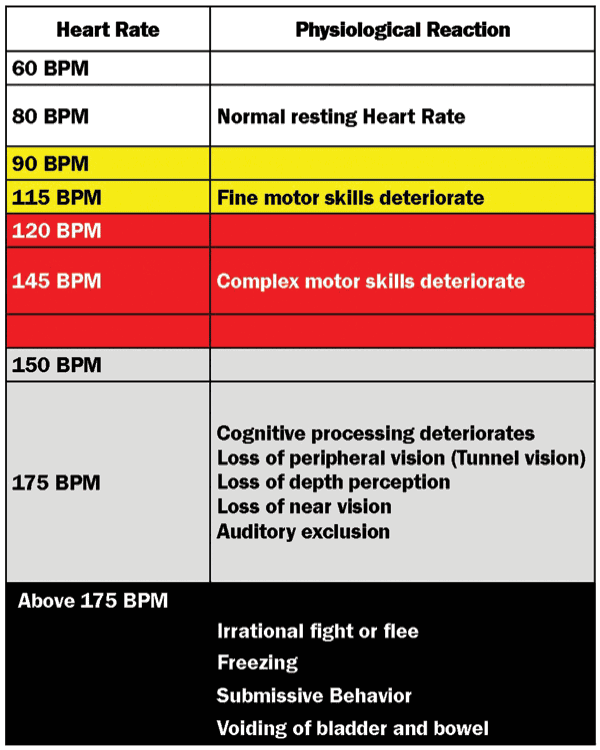
The point is unless you took a lot of those classes I was talking about earlier, chances are you’re not going to hit the guy with at least half of your rounds.
That’s why I tend to prefer a lower caliber gun with a high magazine capacity. I’m more accurate and I can put a lot more rounds down range.
So let’s get into pistols in more detail. I’m only going to throw out a few options, then we can talk further down in the comments section.
Higher Caliber
You’ll want to go with a .357 or .38 here unless you’re Harry Callahan. You’ve only got six rounds, but revolvers don’t jam. Just point and shoot.
Middle Ground
You can’t go wrong with a 1911. A .45 ACP round has a lot of stopping power and you can buy extended mags that hold 10 rounds. There are all kinds of different variants and price ranges.
I’ve got a Springfield Armory GI model that cost about $500.
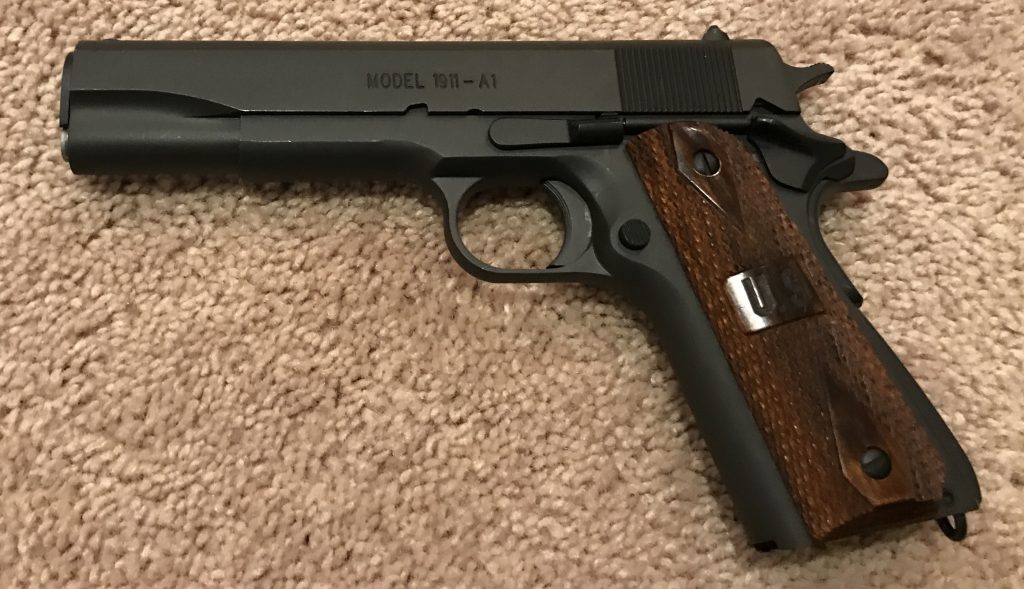
If you are a big spender and want an heirloom you can pass down to your kids, go with Wilson Combat.
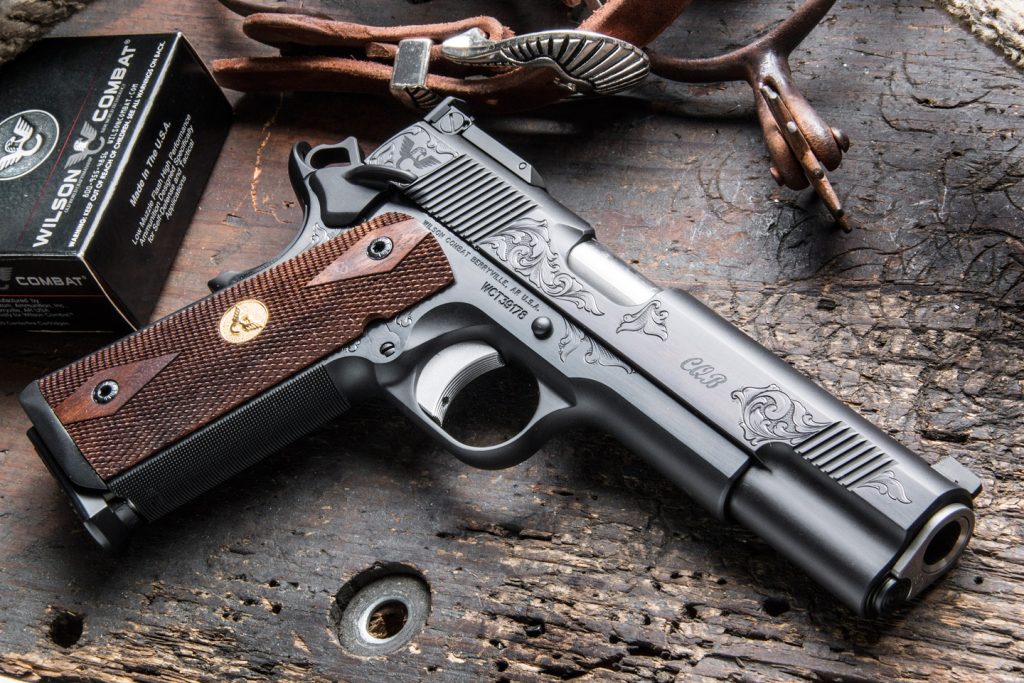
These babies are custom made and are among the best in the business. They’ll set you back at least $1,500.
Lower Caliber
A 9mm is going to have the highest magazine capacity. I’ve got a Beretta 92 which holds 18 rounds. It’s a big heavy gun, but it’s reliable and accurate as hell. Also, it’s what John McClane carries carried.
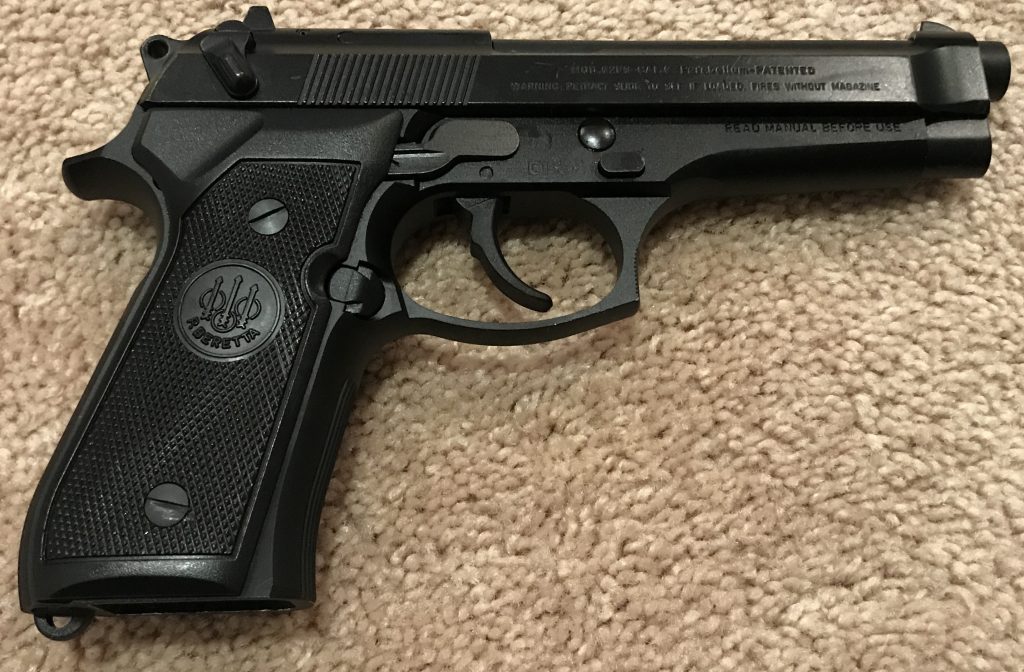
On a budget, you really can’t go wrong with a Glock. They are lightweight, accurate and reliable.
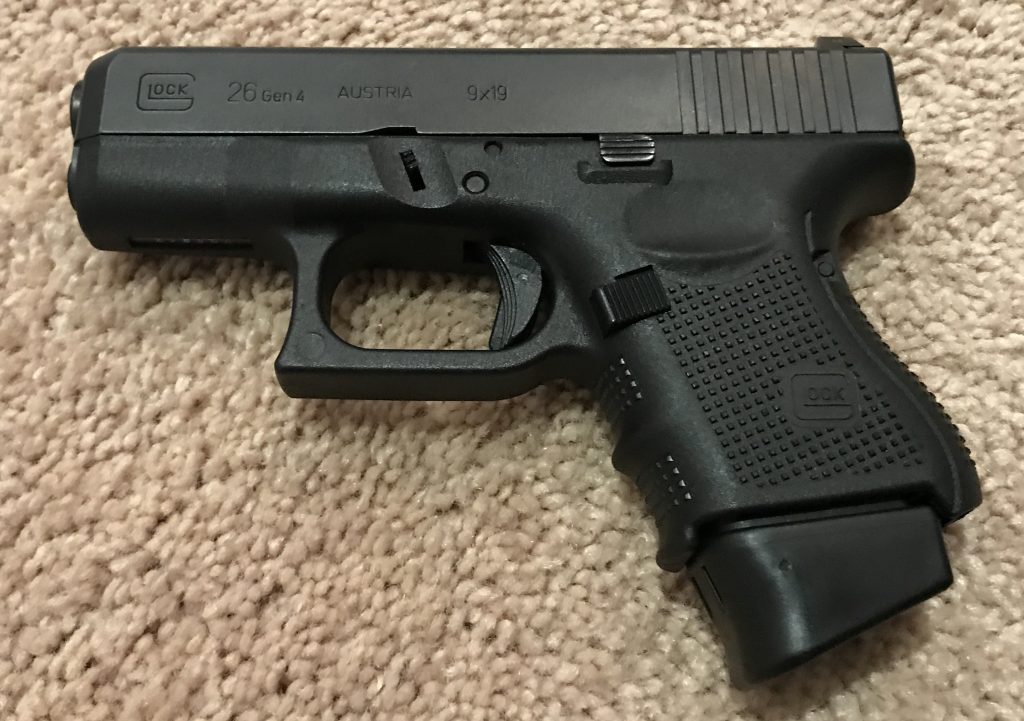
Sig Sauer makes very reliable guns, but they tend to be a bit overpriced in my opinion.
I have a lot of friends that are huge fans of the Smith and Wesson M&P Shield line of weapons.
I’ve only scratched the surface of this topic here, so let’s continue the discussion in the comments.
What do you carry at home? How do you train? Who first taught you how to shoot?

